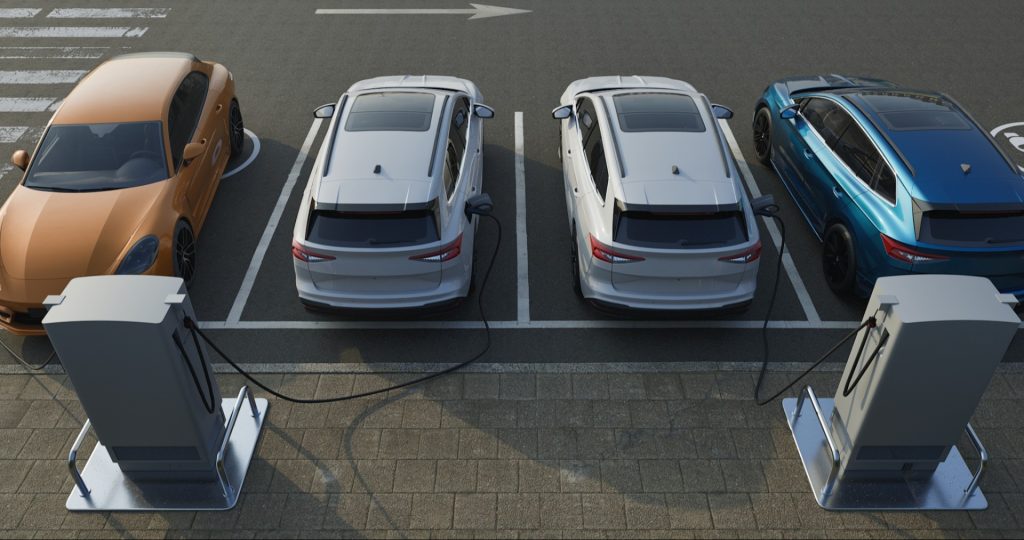British researchers propose a weight-based tax for vehicles.
Others are reading now
Electric cars shouldn’t be exempt from vehicle taxes, argue British researchers. Instead, they propose that taxes be based on vehicle weight.
According to Car Magazine, Professor Felix Leach and Senior Researcher Nick Molden suggest that a weight-based tax would better reflect a vehicle’s overall environmental impact compared to the current CO2 emission-focused systems.
In their new book, Critical Mass, Leach and Molden explain that heavier vehicles, including electric cars, have a greater impact on greenhouse gas emissions, air pollution, road wear, and safety risks.
“The weight of the car is a surprisingly good average indicator of total emissions, including greenhouse gases, air pollution, noise, safety, and impact on infrastructure,” the researchers write.
Also read
Leach and Molden propose a straightforward formula: multiply a car’s curb weight by the distance it’s driven annually. This would provide a more accurate measure of the car’s overall climate impact and could be used to calculate vehicle taxes.
While electric cars produce no CO2 during driving, their production—especially of the batteries—generates significant emissions. Moreover, electric cars are typically 40% heavier than their gasoline or diesel counterparts due to the larger batteries required.
This added weight not only increases material use but also causes more wear and tear on roads and tires.
Encouraging Lighter Cars and Less Driving
A weight-based tax could incentivize consumers to choose lighter vehicles and drive less.
“For example, buying a car that is 150 kilograms lighter than average could save around 800 kroner annually,” the researchers estimate. A similar saving could also be achieved by driving 1,600 kilometers less per year.
However, for most people, opting for a lighter car is more realistic than significantly reducing driving distances.
Addressing the Limits of the Current System
The researchers argue that a weight tax would create a fairer system, where all cars—electric, gasoline, and diesel—are taxed according to their overall environmental impact.
The current system, which primarily considers CO2 emissions, favors electric cars, even though their production and weight-related impacts are significant.
A weight-based tax would factor in production-related emissions and the strain heavier vehicles place on infrastructure and the environment, creating a more balanced approach to sustainable transportation.


